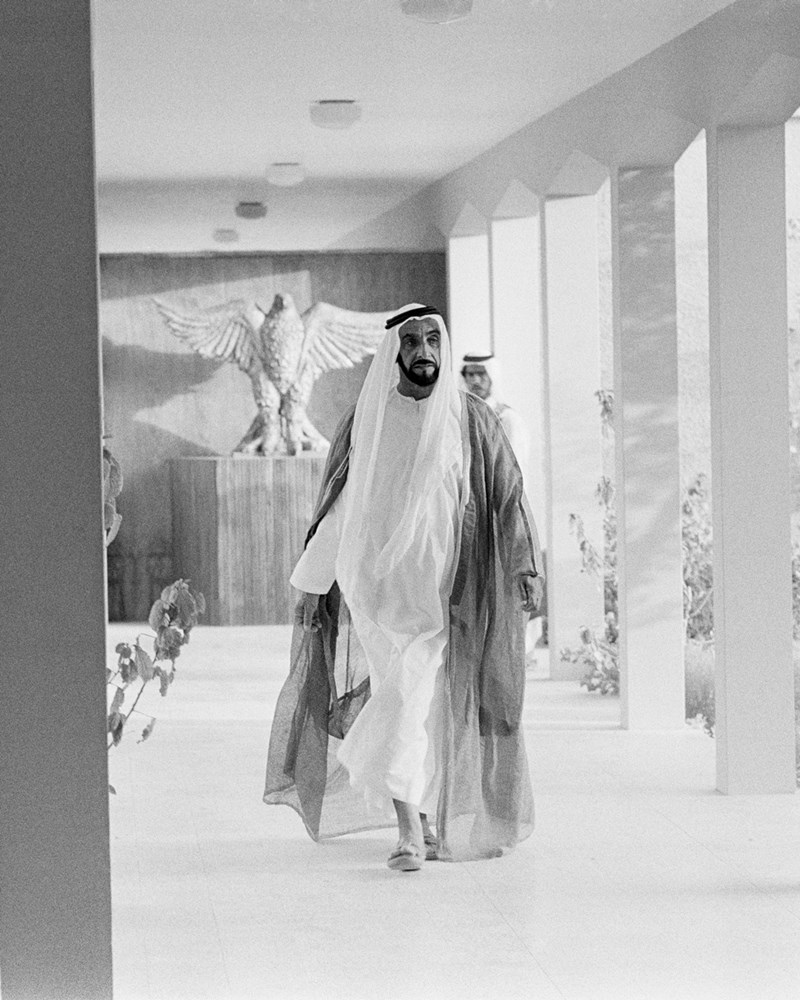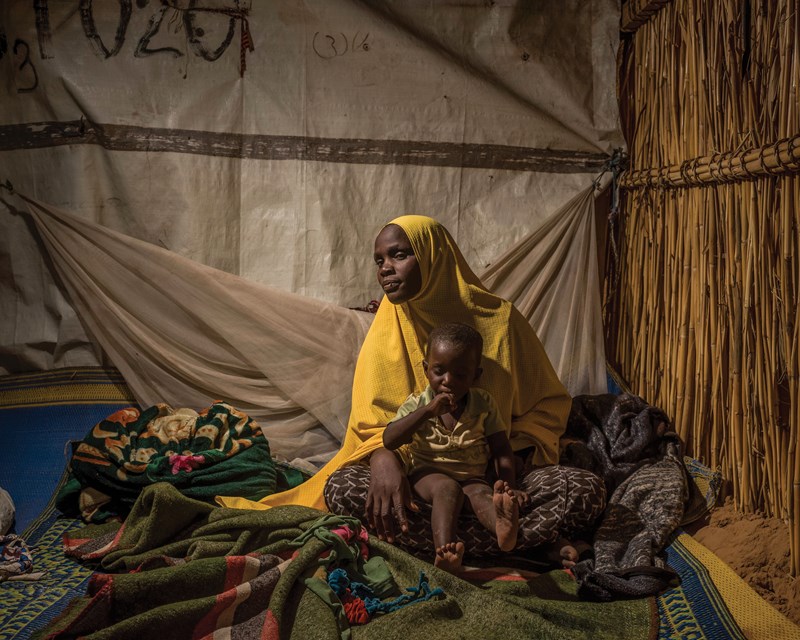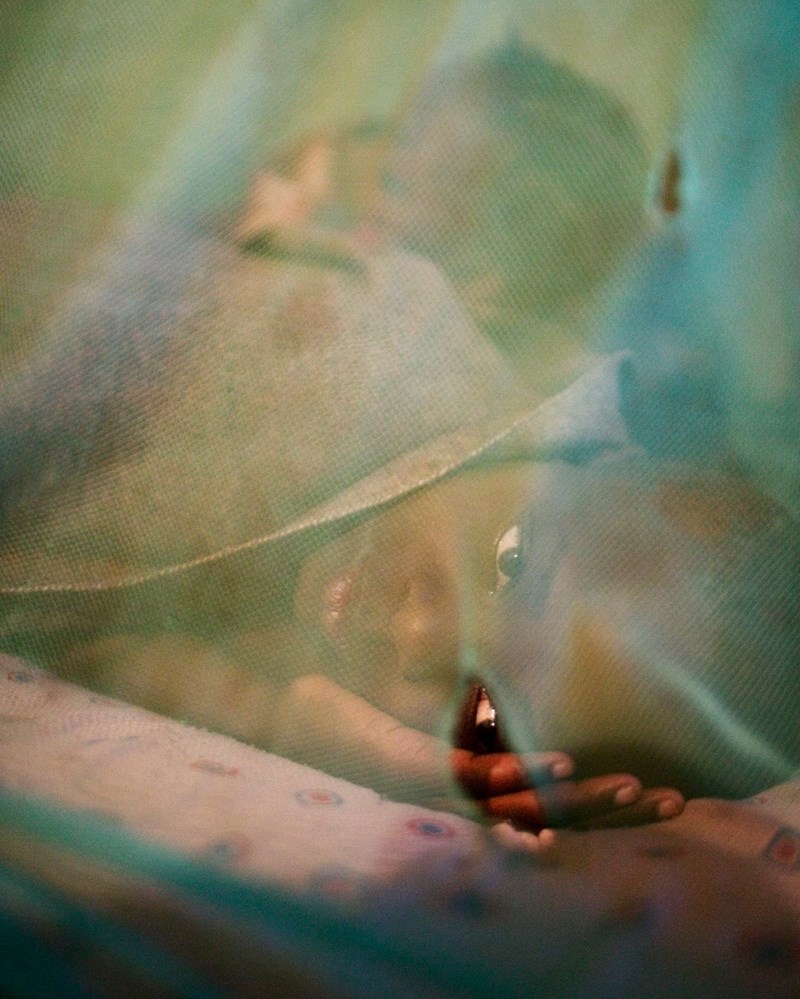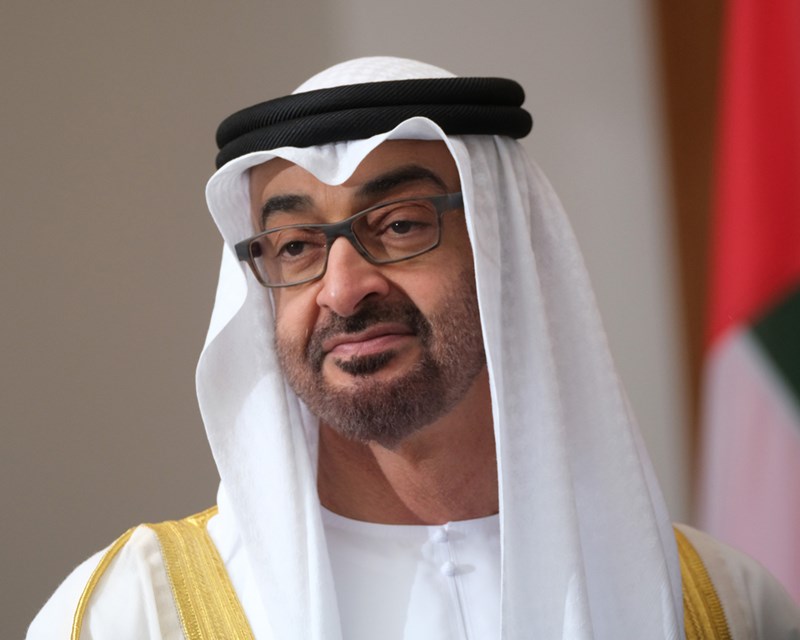Sheikh Mohamed bin Zayed Al Nahyan has pledged new funding worth $10m to help the Carter Center in its bid to make Guinea worm the second human disease after smallpox to be eliminated worldwide.
The gift from the Crown Prince of Abu Dhabi will be paid out to the Carter Center’s Guinea worm eradication programme over five years, with the first $4m match funded by the US-based foundation’s board of trustees.
It will support country-based community teams and health ministries with surveillance and education programmes as they seek to stamp out the last vestiges of the debilitating, yet preventable disease.
Guinea worm infections fell by half year-on-year in 2020, according to provisional data released Wednesday, with just 27 incidences of the disease in six countries.
Cases of the waterborne parasite have fallen 99.9 per cent from the more than 3.5 million recorded back in 1986, when the Carter Center first began its campaign.
“The numbers we are seeing are very encouraging,” said Jason Carter, grandson of former US president Jimmy Carter and chair of the Carter Center’s board of trustees. “However, the target number is zero — a complete, sustained absence of human cases and infections in animals — and we will not stop pushing until we get there.”





